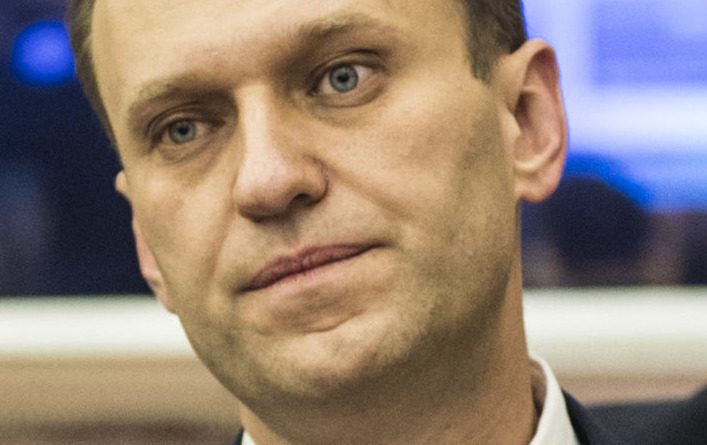Alexi Navalny, Russian Opposition Leader, Poisoned
Amina Tokakova
Staff Writer
On August 20, Russian opposition leader Alexei Navalny fell ill during a flight from Tomsk to Moscow, prompting the captain to make an emergency landing in Omsk. He was hospitalized in the City Clinical Emergency Hospital without any sign of a particular disease. It has been confirmed that Navalny, a prominent Kremlin critic, was poisoned, reports BBC News. Political analysts and experts are still wondering who was behind the poisoning and who is responsible for carrying out the plan. Navalny’s allies and other anti-Putin political activists believe that the United Russia Party played a significant role in this situation due to the obvious tensions between him and President Vladimir Putin.
Alexei Navalny is one of the most prominent political opposition leaders in Russia, having publicly criticized Vladimir Putin’s administration, the social and political hierarchy in Russia, and questioned Putin’s decisions regarding the internal and external politics of Russia. According to Deutsche Welle, Navalny has been attacked by Putin supporters, ridiculed by the official Russian media outlets, and detained by the police officers for his protests against Putin’s government. A lawyer-turned-political campaigner, Navalny has exposed many Russian politicians, businessmen, and celebrities for their support of prolonged corruption and unfair treatment of underprivileged Russian citizens. In 2011, he was arrested for the first time during disputed parliamentary elections; after being released, he continued his protest movement and created an anti-Kremlin platform. Navalny’s anti-Kremlin blog on YouTube became extremely popular among younger generation Russians and gained a legion of young, loyal followers of the opposition campaign.
Many political experts track the poisoning attempt back to Putin and Kremlin. Currently, as reported by the Washington Post, the Russian opposition leader is comatose and on a ventilator at a Berlin hospital. There have been various obstacles with Navalny’s transfer to Germany from the hospital in Omsk; the transfer was delayed and, according to Navalny’s wife, Russian authorities were trying to hide the evidence of any chemical substance in his body. Only after intense international attention and expressions of concern was permission for the transfer was granted, says The Guardian. German spokesman Steffen Seibert stated that many toxicological tests on samples taken from Navalny provide “unequivocal evidence of a chemical nerve agent,” called Novichok, a Soviet-era chemical weapon. A recent medical examination further confirmed that Navalny was the victim of an attack with a chemical nerve agent. Novichok was previously used on former Russian spy Sergei Skripal in the English cathedral city of Salisbury.
In her recent statement, German Chancellor Angela Merkel mentioned that Germany, along with Germany’s EU and NATO partners, condemns this attack and expects the Russian government to explain itself regarding the situation. “The world will wait for an answer,” she concluded, reports CNN. However, on Wednesday, Kremlin spokesman Dmitry Peskov said that the Kremlin had not heard from Germany regarding Navalny’s poisoning with Novichok. Nonetheless, the European Union has demanded a transparent investigation by the Russian government to “hold those in Russia accountable, wherever the evidence leads.” Kirill Martynov, the policy editor of the independent newspaper Novaya Gazeta, wrote that there was no explanation for Navalny’s sudden coma, adding that Russian law enforcement most likely will be “unable” to find the culprits.



